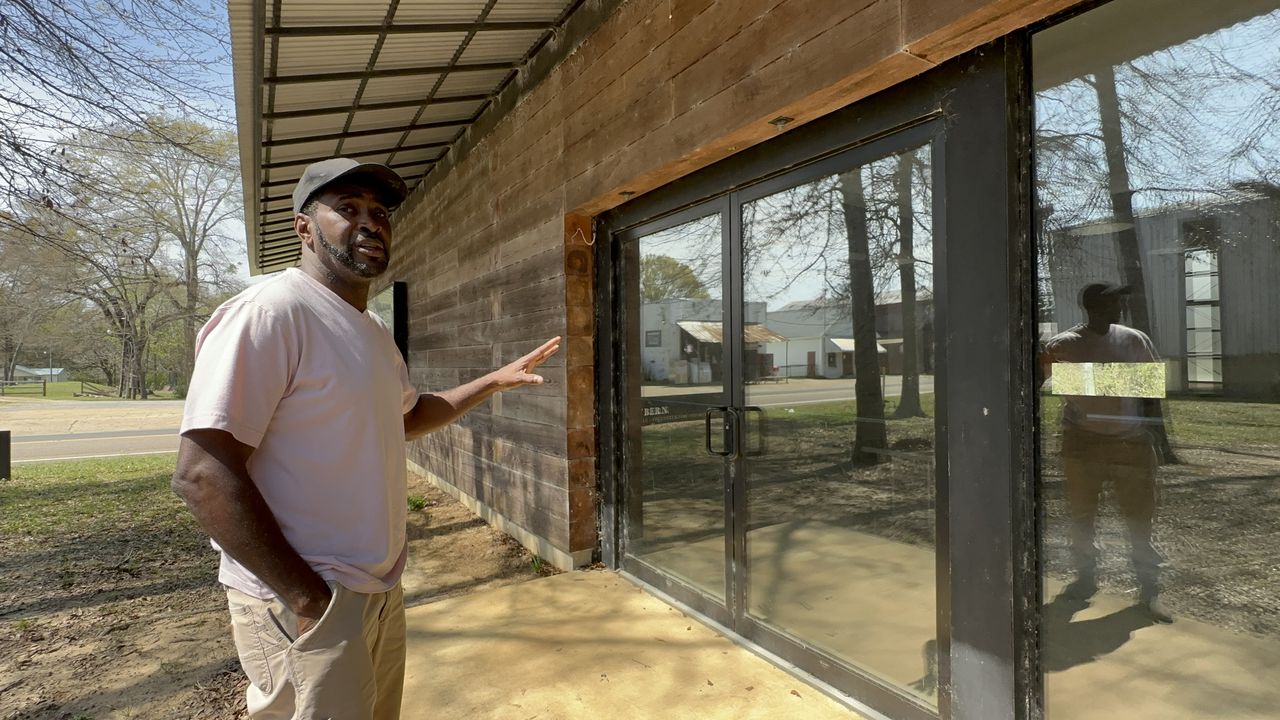Newbern, Alabama town that locked out Black mayor, violated Voting Rights Act, new complaint alleges
The man who claims to be a small Alabama town’s first Black mayor and the Black town council members he appointed amended their federal lawsuit against Newbern’s white mayor and all-white council, adding the town as a defendant and accusing the defendants of violating the Voting Rights Act.
Patrick Braxton, who alleges he was the only Newbern resident to qualify for mayor in 2020, and the Black council members he appointed now also claim the town’s residents were denied their rights to due process under the Fourteenth Amendment, according to the amended lawsuit filed Sept. 11 in federal court in Selma.
Haywood Stokes III, the Hale County town’s white mayor since 2008, who inherited the post from his father, Haywood Stokes, Jr., does not dispute Braxton being the only resident to qualify for mayor.
But Stokes is claiming that there was nothing untoward about the special election the all-white council held that led to the council declaring themselves the winners and appointing Stokes interim mayor.
In the suit, Braxton alleged the special election was illegal, claiming neither he nor the town’s Black residents were notified about it.
“Defendants, in contravention of the Alabama Code, failed to provide notice to voters in Newbern of this special election, thereby preventing them from participating in the election,” the amended lawsuit stated. “The denial of a ‘legally-required election obviously erodes the democratic process’ in a manner that is incompatible with due process.”
The suit, which also claims alleges the defendants prevented Braxton and the all-Black council from discharging their duties, including changing the locks on the town hall and preventing them from accessing city documents and bank accounts.
Meanwhile, Newbern hasn’t held an election in decades, with the town’s white residents treated elected offices as “hand me down” positions, according to the lawsuit.
“The repeated failure of Newbern officials to hold or give notice for a municipal election — for decades — is unfortunately emblematic of ongoing attacks against Black voters,” said Morenike Fajana, special counsel for the NAACP Legal Defense Fund, which began representing the plaintiffs last week in addition to the group’s previous attorneys. “It is imperative that courts step in to ensure that everyone’s right to vote is protected.”
The lawsuit also accuses the defendants of a section of the Voting Rights Act, noting that “Alabama has a long, well-established history of racially discriminatory voting restrictions and societal discrimination against Black Alabamians.”
“Defendants’ conduct resulted in the discrimination of Black voters by preventing them from participating, as a candidate or voter, in municipal elections,” the lawsuit continued. “Defendants will continue to violate Plaintiffs’ rights under the Voting Rights Act absent relief from this Court. Plaintiffs have no adequate remedy at law other than the judicial relief sought in this case. The infringement of Plaintiffs’ rights by Defendants is ongoing and likely to continue into the future.”
The defendants have not yet responded to the claims of the amended suit.
